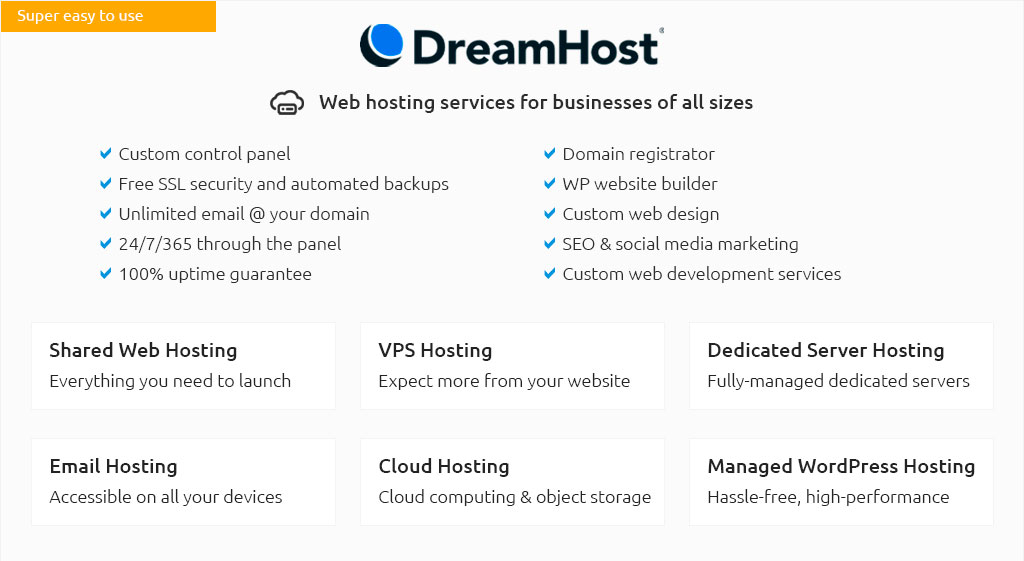 |
|||
 |
 |
 |
|
 |
|
 |
 |
 |
|||
 |
|||
 |
|||
 |
|||
 |
|||
 |
|||
 |
 |
Exploring the Intricacies of Shared VPS and Dedicated HostingIn the ever-evolving landscape of web hosting, choosing the right type of hosting service is crucial for the success and performance of your website. Among the myriad of options available, shared hosting, VPS (Virtual Private Server) hosting, and dedicated hosting often stand out as the most popular choices. Each of these hosting types offers distinct advantages and potential drawbacks, making the decision largely dependent on your specific needs and future growth plans. To begin with, shared hosting is typically the go-to option for beginners and small businesses due to its affordability and ease of use. In a shared hosting environment, your website resides on a server with multiple other sites, sharing resources such as CPU, RAM, and disk space. While this setup provides a cost-effective solution, it can also lead to performance issues if one of the sites experiences a surge in traffic, potentially affecting all the websites on that server. Moreover, shared hosting often comes with limitations on customization and control, which might be a significant consideration for more technically inclined users or those expecting rapid growth. In contrast, VPS hosting offers a middle ground between shared and dedicated hosting. With VPS hosting, your site is still on a server with other sites, but it’s isolated in its own virtual environment. This means you get a dedicated portion of the server’s resources, offering better performance and stability compared to shared hosting. Furthermore, VPS allows for greater flexibility and control, with the ability to install custom software and operating systems. It’s an ideal choice for growing websites that require more resources and control without the expense of a dedicated server. Finally, dedicated hosting provides the highest level of performance, security, and control. With a dedicated server, your website is the sole occupant of the server, giving you access to all its resources. This option is perfect for large businesses or high-traffic websites that need maximum reliability and speed. The trade-off, however, is the cost, as dedicated hosting is significantly more expensive than shared or VPS hosting. Additionally, managing a dedicated server often requires a higher level of technical expertise, or the added expense of hiring someone to manage it for you.
In conclusion, the choice between shared, VPS, and dedicated hosting hinges on various factors including budget, technical expertise, and the specific needs of your website. While shared hosting may suffice for small, personal sites, businesses anticipating growth should consider the enhanced capabilities of VPS or dedicated hosting. Ultimately, aligning your hosting choice with your website’s requirements and goals will ensure optimal performance and user satisfaction. https://www.inmotionhosting.com/blog/difference-between-shared-vps-dedicated-hosting/
In this guide, we will explain what Shared, VPS, & Dedicated hosting plans are and list the differences between them so you can determine which web hosting ... https://www.godaddy.com/resources/uk/smallbusiness/hosting-differences-understanding-shared-vps-and-dedicated-options
This article will serve as a brief guide to the basics of three different types of hosting shared hosting, a virtual private server (VPS), and dedicated ... https://www.hostpapa.com/blog/web-hosting/the-pros-and-cons-of-shared-vs-dedicated-vs-vps-vs-cloud-web-hosting/
We'll discuss everything you need to know about shared, dedicated, VPS, and cloud hosting, including pros and cons, costs, and ideal use cases.
|